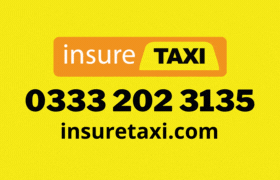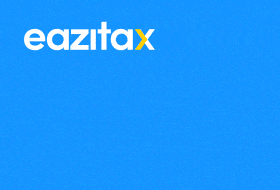POLICE LAUNCH SUMMER CRACKDOWN AS "MORNING AFTER" DRINK-DRIVE RISK REVEALED
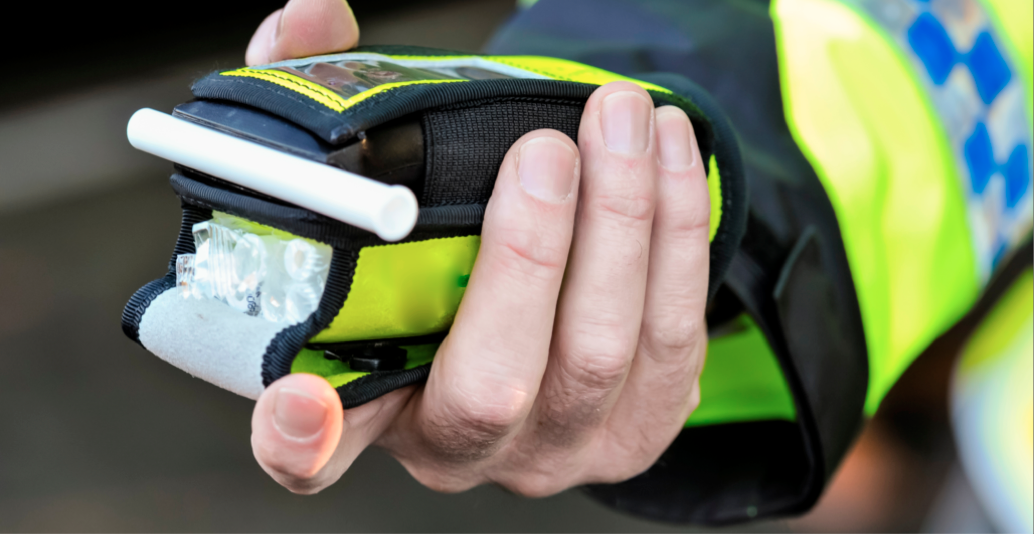
A new study has revealed a concerning trend of "morning after" drink-driving, as police forces across the UK launch a summer crackdown on impaired drivers.
Research by the road safety charity IAM RoadSmart found that more than a third (38%) of drivers admit to consuming alcohol after 9pm, despite planning to drive before 9am the following day.
Alarmingly, one in five (21%) had their final drink after 10 pm.
This new data comes as Department for Transport (DfT) figures show that July has the highest number of drink-driving related casualties, surpassing even the traditionally high-risk December period.
Nicholas Lyes, Director of Policy and Standards at IAM RoadSmart, warned: "Drink-driving is a killer, and drivers may be unwittingly getting into their vehicle in the morning unaware that they could be doing so illegally if they have been drinking alcohol the night before, posing a serious threat to the safety of others."
He emphasised that even if a driver is just within the legal limit, "the level of alcohol in their system will impair their reaction times."
The guidance from Drink Aware states that alcohol is removed from the body at approximately one unit per hour, though this can vary.
Consuming just three large glasses of wine or three pints of high-strength beer or cider, equivalent to nine units, could mean alcohol remains in the system until 7am or later if drinking stops at 10pm.
The IAM RoadSmart survey of 1,072 motorists also highlighted public concern about impaired driving.
Nearly a third (31%) of respondents had been with a friend or relative who consumed alcohol before driving, with almost three-quarters (72%) warning them not to drive. However, one in four (23%) took no action, with 5% believing it was "none of their business.
There is strong public support for measures to combat drink-driving, with 80% of drivers believing rehabilitation courses are "vital to reducing reoffending." A similar number, 81%, stated such courses should be mandatory for those convicted of drink-driving offences, rather than being an optional choice.
In 2022, an estimated 300 people were killed in collisions involving at least one driver over the drink-drive limit in Great Britain, the highest figure since 2009.
Chief Constable Jo Shiner, roads policing lead for England and Wales, stressed that there is "no excuse" for driving impaired, including the morning after. "If you choose to do so you are putting your life and the lives of others at risk," she stated.
Police are running Operation Spotlight throughout the summer, targeting drink and drug driving.
Sheena Hague, Director of Road Safety at National Highways, echoed these concerns, stating: "Getting behind the wheel with alcohol in your system impairs your driving ability and puts lives at risk."
Lyes reiterated IAM RoadSmart's advice: "Our advice is always ‘none for the road’... If you are socialising the night before and need to use your vehicle the following morning, you should exercise caution in what you consume or delay your journey the following day."
Read another story
- STEVENAGE TAXI RANK FACES REMOVAL AMIDST TOWN CENTRE DEVELOPMENT

Stevenage Borough Council is proposing to eliminate the taxi rank on Danestrete as part of the ongoing redevelopment of the former Swingate House site.

- GUERNSEY TAXI DRIVER DUMPS DASHCAM AFTER CRASH WITH CYCLIST AND BLAMES CARBON MONOXIDE
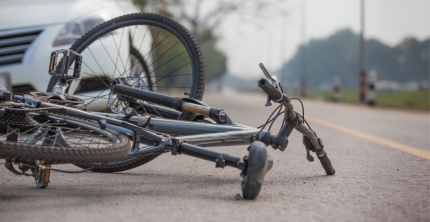
John Howard Robert, 65, initially denied charges of dangerous driving and perverting the course of public justice but later pleaded guilty.

- CLARE'S CABS IN ABERTILLERY NAMED TAXI COMPANY OF THE YEAR FOR BLAENAU GWENT

Parry, who started her company in August 2023, was previously a driver for a larger firm before deciding to branch out on her own.

- ARBROATH CABBIE BUSTED WITH NEARLY A MILLION ILLEGAL CIGARETTES
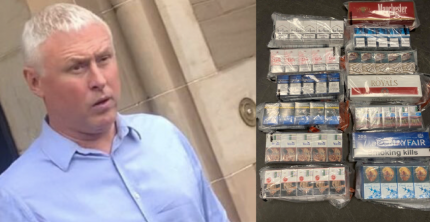
Andrejs Nikitins, has been caught with a massive haul of illegal cigarettes and tobacco, valued at over £400,000 in unpaid duty and VAT.

- BOLTON COUNCIL MOVES TO SUSPEND 74 TAXI DRIVERS OVER INCOMPLETE TRAINING
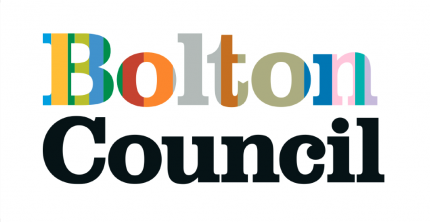
Dozens of taxi drivers in Bolton face suspension for failing to complete mandatory safeguarding and disability awareness training, six years after the programme was first approved.

- POLICE SEIZE £39K IN CASH FROM TAXI TRAVELLING SOUTH ON M6 FROM GLASGOW

The money, found in the boot of the vehicle, was discovered after officers stopped the taxi on Saturday, July 19.

- DENBIGHSHIRE TAXI FARE HIKE DELAY AFFECTING RHYL DRIVERS
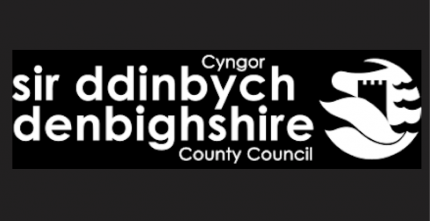
Taxi drivers in Denbighshire will have to wait until at least September for an approved fare increase to take effect, a delay that one taxi firm owner calls "modern-day slavery."

- MANDATORY CCTV FOR COLCHESTER TAXIS FACES SCRAPPING AFTER YEARS OF DEBATE
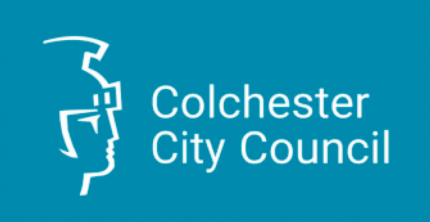
Colchester City Council's licensing committee will consider a report on July 23, recommending against making CCTV compulsory, despite earlier calls to enhance safety for passengers and drivers.

- TUNBRIDGE WELLS CABBIES "FUMING" AS UBER SECURES OPERATING LICENCE

The decision by Tunbridge Wells Borough Council's (TWBC) licensing department will allow Uber to cover Tunbridge Wells, Paddock Wood, Southborough, and surrounding villages.

- VAT CONSULTATION UPDATE FROM EXCHEQUER SECRETARY
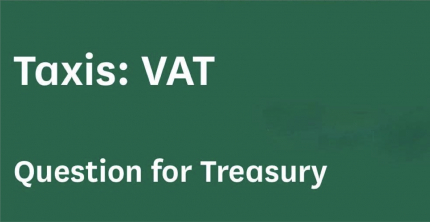
Exchequer Secretary, James Murray MP, confirms VAT consultation response will be published soon.

- GOVERNMENT LAUNCHES PUBLIC CONSULTATION ON FUTURE OF SELF DRIVING CARS
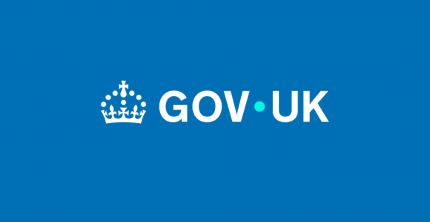
Have your say on the proposed automated passenger services permitting scheme

- NUNEATON AND BEDWORTH CONSULTATION PROPOSES EXTRA CHECKS AND PENALTY POINTS
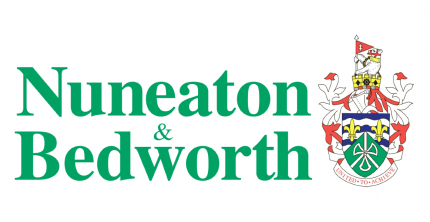
The new policy outlines a penalty points scheme and other "significant criteria" for licensing.

- TAXI CRACKDOWN IN CHESTER ENSURES COMPLIANCE AND PASSENGER SAFETY

The initiative, dubbed Operation Recordings, saw 53 vehicles stopped, with several significant issues identified.

- RACIST STOKE THUG SPARED PRISON AFTER BRUTAL CABBIE ATTACK OVER FARE

Robert Barone, 51, was handed a community order despite a violent outburst that left the cabbie needing stitches and his car damaged.

- CRAWLEY BOROUGH COUNCIL CONSIDERS CCTV AND PANIC BUTTONS FOR TAXIS AND PHVS

The council has launched a public consultation to gather feedback on these measures, alongside a review of taxi identification signage.

- IPSWICH TAXI DRIVER LOSES LICENCE AFTER SERIOUS ACCIDENT AND FAILURE TO REPORT

he decision, made on Wednesday, July 2, came after Suffolk police informed the council of the alleged incident.

- PRIVATE HIRE DRIVER REPORTED FOR SUMMONS AFTER DANGEROUS A50 STOP

Staffordshire Police Roads Unit brought attention to the alarming incident in a post on X (formerly Twitter), sharing an image of the implicated grey Toyota C-HR

- HATE CRIME PROBE AFTER RACIST ATTACK ON CHESHAM TAXI DRIVERS
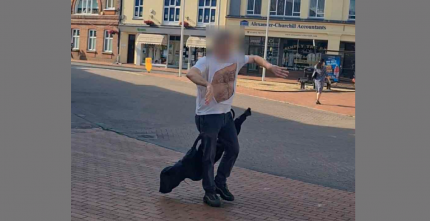
The cabbies described being subjected to racist slurs, shouting, and even having a glass bottle thrown at them.

- ABINGDON TAXI BOSS FEARS CLOSURE AS UBERS AGGRESSIVE PRICING HITS LOCAL FIRMS
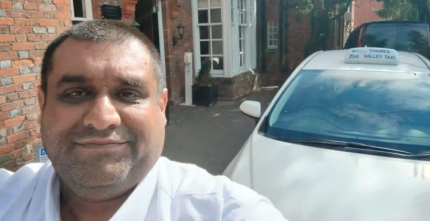
Yaseem Yusuf, who runs Thames Valley Taxis, claims his trade has fallen by 50% and that Uber's practices are "squeezing out local firms who could not afford to operate at a loss."

- "DANGEROUS" TAXIS ON KIRKLEES ROADS AS OVER 40% FAIL ANNUAL SAFETY TESTS
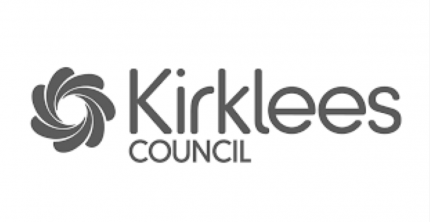
A report presented to Kirklees Council’s Licensing Committee revealed that up to 42% are failing monthly inspections, with the overall failure rate for the past year standing at over 25%.












